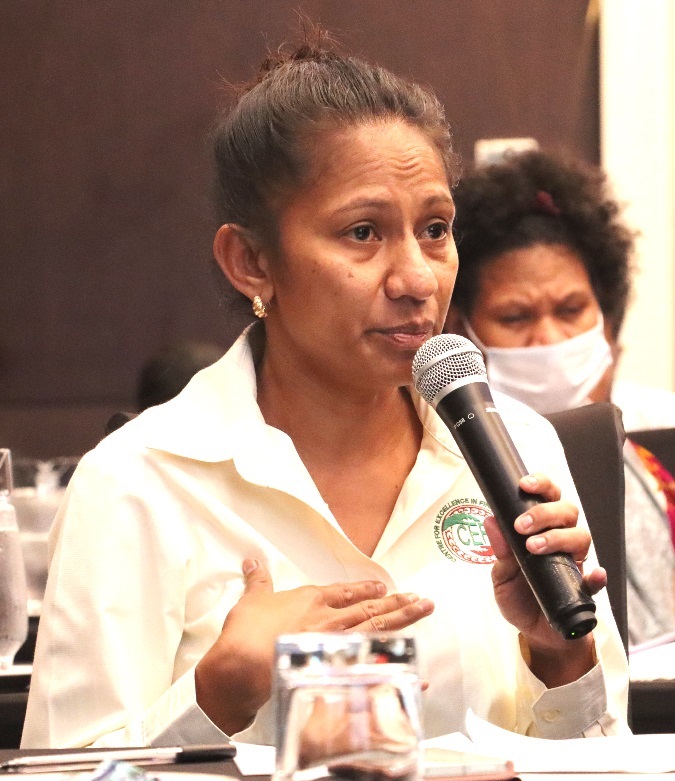
LACK of knowledge on the systemic processes posed by our commercial banks is believed to have caused setbacks for informal local entrepreneurs, says Marie Eorage Manager for Financial Inclusion Services with the Center for Excellence in Financial Inclusion (CEFI) in Port Moresby.
Ms Eorage made this comments following a recently released PNG NRI research presented by Dr Elizabeth Kopel and published by NRI on the topic “Innovation in the informal economy: Lessons from case studies in selected areas of three provinces in Papua New Guinea”.
The research report identified that the growth and expansion of innovative enterprises is constrained by financial, technical and resources challenge.
The report highlighted that enterprises involved in informal economic activities have the potential to become SMEs if supported through appropriate policy interventions to grow and become sustainable.
Ms Eorage stated that most entrepreneurs in the informal markets started from scratch and are very smart, however they have their own reasons as to why they have not formally become an SME, and maybe because they do not want to pay tax or simply with lack of knowledge of the processes to formally establish as an SME.
“Many of these enterprises in Papua New Guinea operate outside of the formal economy system in PNG and that we are trying to reach out to them, to influence them and to get them back in a proper way,” she said.
She questioned as to why some of these SME loans from the government do not reach entrepreneurs in the informal markets most of the time.
“For this people to go to the bank and get an SME loan, it requires proper financial backings and financial literacy certificate.
“I think some of the systemic processes need to be more lenient because SME’s are excited to get a loan but it is not easy.
“Some kind of educational alignments need to reach them so they can better their financial structure,” she said.
Ms Eorage further stated that a recent audit report that was done on the informal economy system is now trying to get the financial literacy on board and in collaboration with the community development.
“With the report findings and policy implications done by Dr. Kopel and team, it would be good to take on board and to improve the informal sectors to further into SME space,” Ms Eorage said.
Informal activities cover enterprises that are not registered with the Papua New Guinea (PNG) Investment Promotion Authority (IPA).
These activities range from selling fresh and cooked food, gold-panning, downstream processing and so on which in PNG more than 80 percent of the population depend on informal semi-subsistence source of livelihood.
